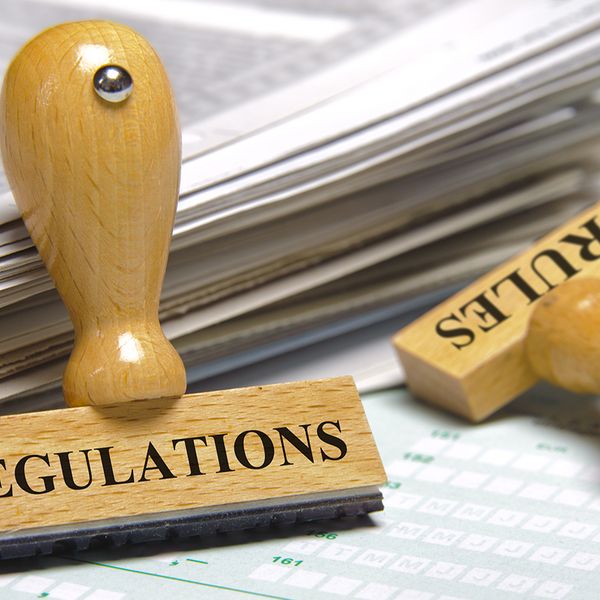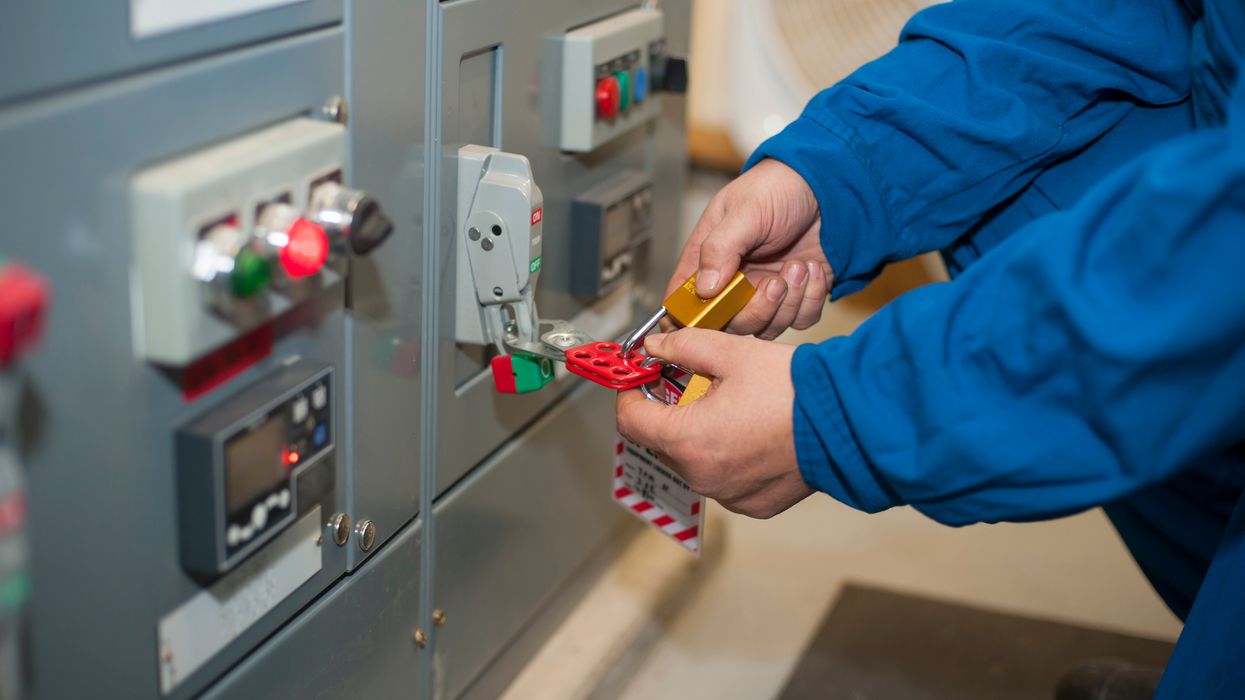PHMSA finalizes first set of FAQs
On December 9, 2022, the Pipeline and Hazardous Materials Safety Administration (PHMSA) published a notice finalizing the first set of Frequently Asked Questions (FAQ) to be added to PHMSA’s website. The FAQs are not substantive rules and do not create legally enforceable rights, assign duties, or impose new obligations not otherwise contained in the existing regulations and standards. Instead, PHMSA intends the FAQs to be used as an aid to demonstrate compliance with the relevant regulations.
The first set of FAQs includes twelve Q&As, which focus on the applicability of the Hazardous Materials Regulations. We’ve included the first five below:
Q1. Is a federal, state, or local government agency subject to the HMR?
Answer: Pursuant to Sec. 171.1(d)(5), a federal, state, or local government that transports hazardous materials for non-commercial governmental purposes using its own personnel is not engaged in transportation in commerce and, therefore, is not subject to the HMR.
As specified in Sec. 171.1, the HMR governs the safe transportation of hazardous materials in intrastate, interstate, and foreign commerce. The term “in commerce’” does not include a federal, state, or local government that transports hazardous materials for its own use, using its own personnel, and motor vehicles, aircraft, or vessel under its control.
Q2. Are state universities subject to the HMR when transporting hazardous materials?
Answer: A state agency —such as a state university —that transports hazardous materials for its own non-commercial use, using its own personnel and vehicles, is not engaged in transportation in commerce and, therefore, is not subject to the HMR.
Q3. Is a hazardous material transported on private roads subject to the HMR?
Answer: Section 171.1(d)(4) states that the transportation of hazardous materials entirely on private roads with restricted public access is not subject to the HMR. Please see Q4.
Q4. Is a hazardous material subject to the HMR that only crosses a road with public access?
Answer: The transportation of hazardous materials that takes place by motor vehicle and within a contiguous plant boundary is not subject to the HMR. However, intra-plant transport that utilizes or crosses a public road is subject to the HMR during that portion of the transportation unless access to the public road is restricted by gates, traffic signals, guard stations, or similar controls, in accordance with Sec. 171.1(d)(4). Please see Q3.
Q5: Are hazardous materials installed or used in or on a motor vehicle (e.g., gasoline in the motor vehicle’s fuel tank) subject to the HMR?
Answer: Hazardous materials that are installed or used in or on a motor vehicle such as the motor vehicle’s fuel, suspension, or safety systems are not subject to the HMR. Fuel systems and safety equipment may be subject to the Federal Motor Carrier Safety Regulations (FMCSR) and National Highway Traffic Safety Administration (NHTSA) requirements.
Additionally, PHMSA indicated in the notice that they have started to compile the next set of FAQs, which will focus on the incident reporting requirements specified in 171.15 and 171.16.






















































